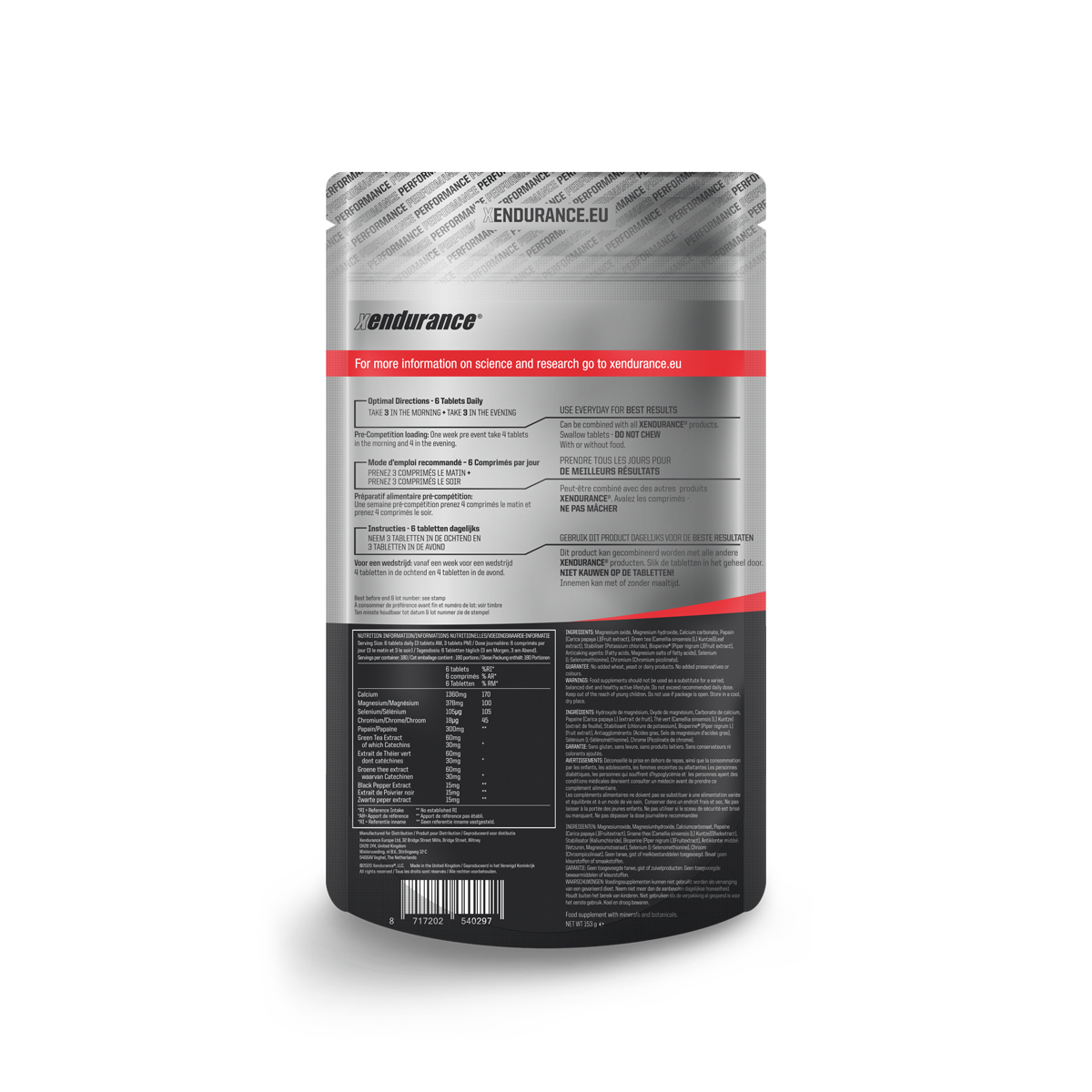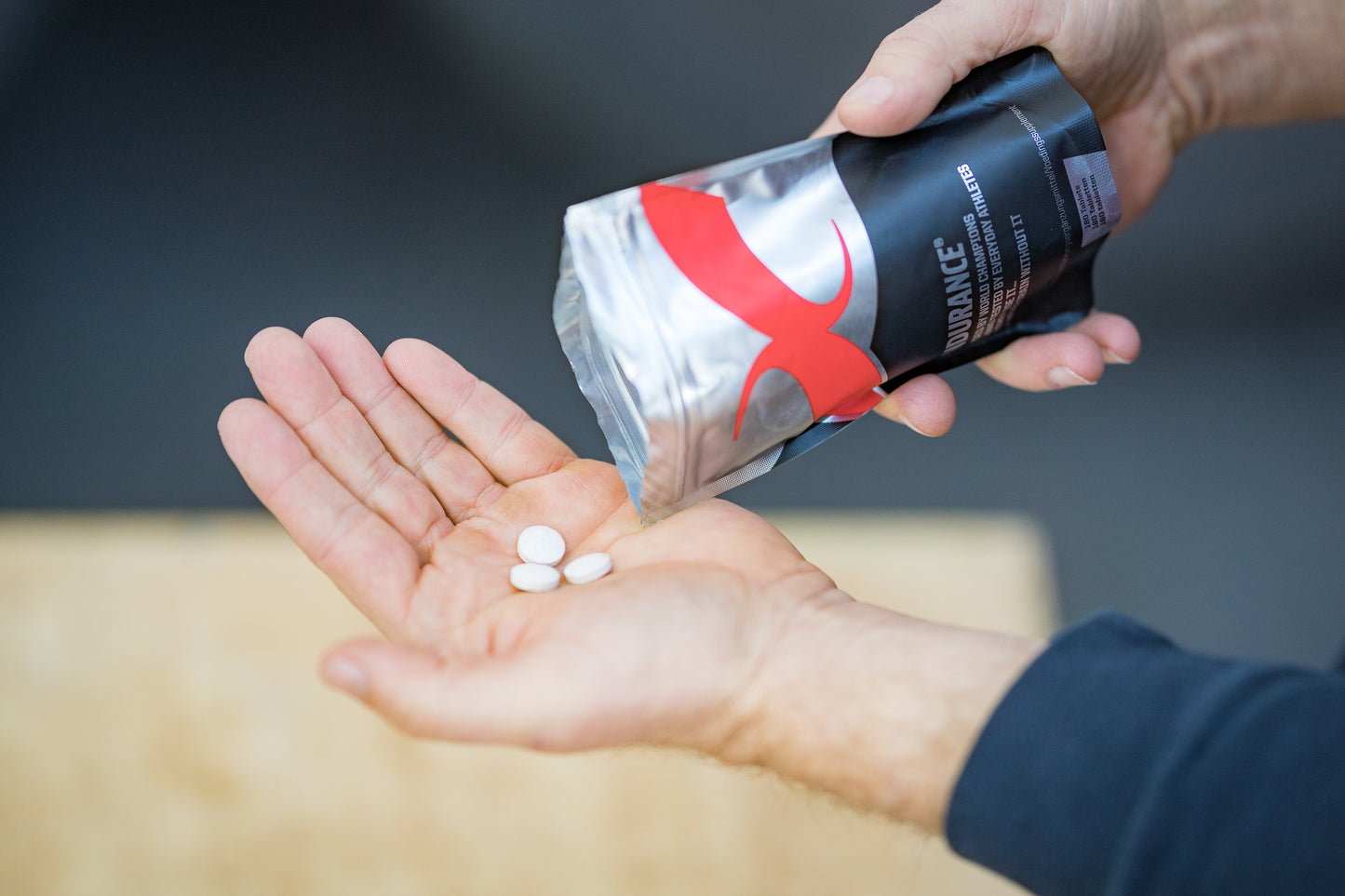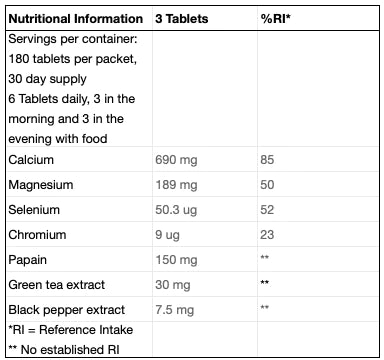Share
5 simple mistakes that a lot of athletes make at races worldwide every week. They're easy to avoid if you prepare...
Taper and follow your plan
In race week, it’s easy to start questioning whether you’ve done enough, particularly if you listen too much to other runners about what they have been up to.
It’s like the revision conversations you have as you’re waiting outside the exam hall – they aren’t helpful and only serve to make you panic. Unless those conversation are with someone who has actually seen the test paper.
Instead, it’s time to follow the taper that you’ve planned or that has worked for you before and not suddenly add an extra hard session, long run or conditioning workout because you’re in a panic. Your body won’t get fitter in such a short period of time, and you’ll risk starting the race tired, which will lead to you underperforming.
Eat and drink normally
This is where we see so many mistakes made and races ruined. The temptation to try something new or eat a little less because you aren’t running as much in race week can cause disaster. Stick to the foods and fuels that have worked for you in training – don’t suddenly eat porridge for the first time, for example.
It might work, but equally you might find out halfway into the race (in the worst possible way) that it hasn’t. Your mind might tell you to eat less as you are running less in taper week, but remember the role of food as fuel.
Your taper allows the body to recover fully and then start the race rested, fully fuelled and ready to rock. Eat normally and snack on carbohydrates in the final 36 hours.
Know your race pace and strategy
This really should be a pace that’s familiar to you, as one you’ve practised in training. Now, call it testosterone, adrenaline or just a competitive streak, but have you noticed it’s mainly men who start way too fast and slow down after a mile or two?
It’s often a lack of patience or, frankly, not wanting to get ‘chicked’ by a female runner.
Be mindful to keep an eye on your own pace, even if somebody is trying to be helpful by telling you they are heading for the same pace and you should run with them. Take control of your race and build gradually into your race pace. Get to halfway feeling good and attack the second half of the race with confidence, feeling strong rather than tired.
Get organised
It sounds simple, but have you looked at the weather forecast and planned your kit for the day?
Are your racing shoes packed and not left behind on top of the boiler? How are you getting to the race and can you park, or is the train station near to the start?
Will your hotel have your normal race-day breakfast, or have you packed this just in case?
It really is worth sitting down for 20 minutes early in the week and writing a check list of everything that needs to be done. By doing this, and then ticking them off, you are already taking control of your race-day experience and minimising the risk of something small causing a panic.
Be realistic
This is probably the most important advice of all when it comes to racing. Train and race for a time that’s within your grasp. It might be a new PB or a return to racing form, but keep it achievable. If race-day is hot, windy or exceptionally wet, be flexible and alter your goal to something realistic.
Be honest with yourself, but equally try not to set limits, just realistic strategies. If the training has been great and you feel good in the final third of the race, anything could happen – if you feel ready to run harder and faster than ever before, go for it! Don’t let the plan or strategy limit you at this point in the race. There are no rules in the final third – just commit to those last miles and believe!










